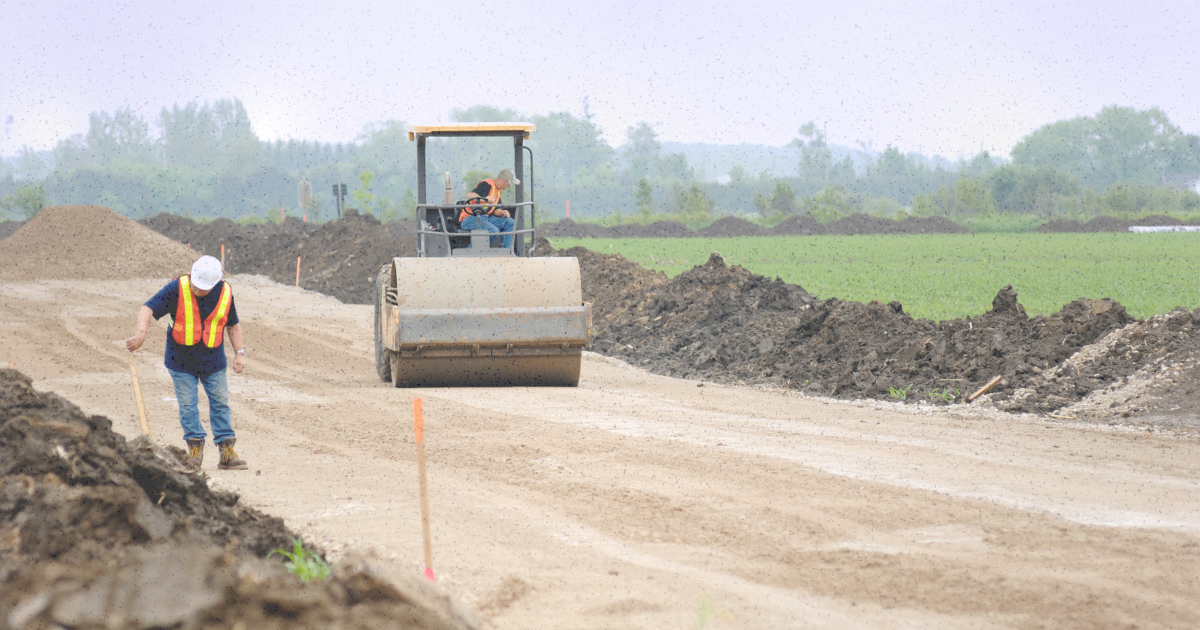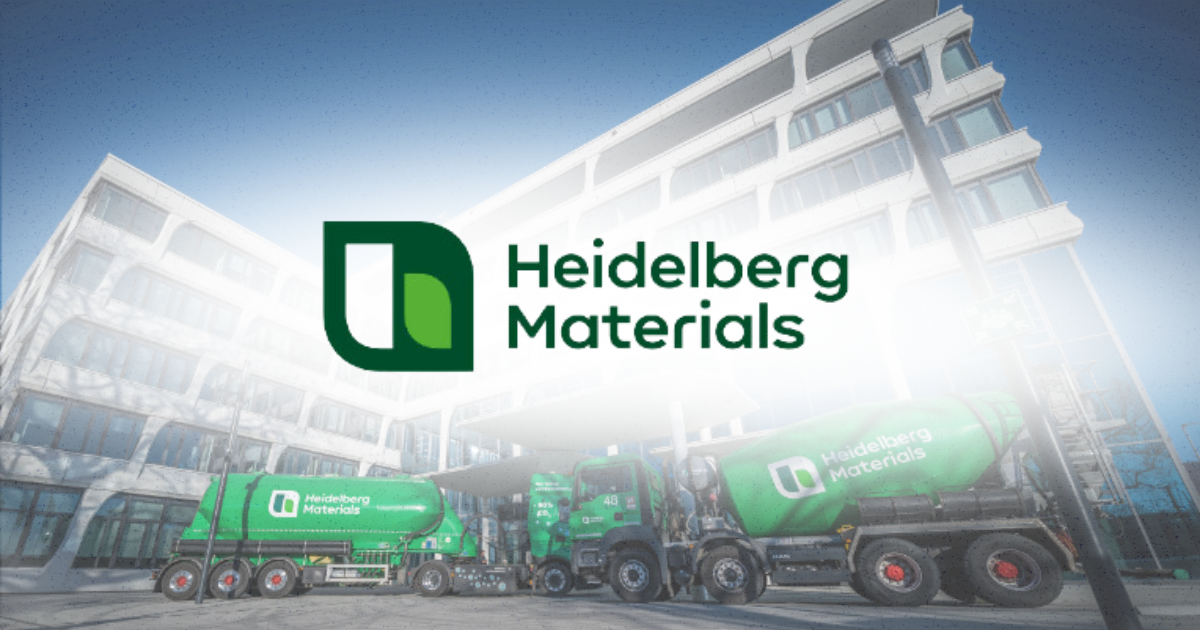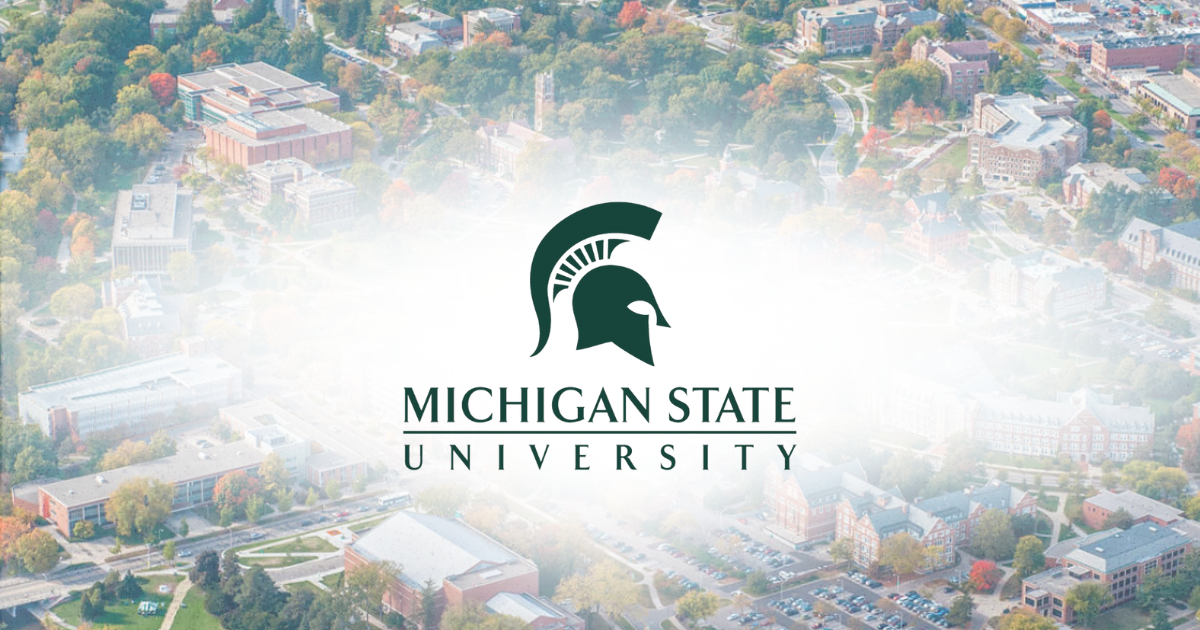In recent years, environmental concerns have intensified alongside the increasing waste production the world faces. This has prompted the construction industry to confront its responsibilities and adopt sustainable practices.
Traditional road construction methods and materials are now under scrutiny, as many of their processes significantly contribute to resource depletion and global pollution. This has led to the emergence of innovative technologies and environmental solutions aimed at reducing waste production while promoting the use of sustainable and recyclable materials.
Road construction is a major player in the sustainable construction market. Given the vast number of roads worldwide and the continuous demand for new roads to enhance global connectivity, it is crucial to explore potential solutions that can transform the road construction industry into a sustainable one.
In this article, we will explore how various technologies and companies are repurposing waste into sustainable road construction materials, paving the way for a greener future.

The Need for Sustainable Road Construction Materials
The environmental impact of conventional road construction methods cannot be overlooked. The majority of road construction materials that we produce right now often rely on natural materials that contribute to habitat destruction and greenhouse gas emissions. In addition to that, resource scarcity is becoming increasingly evident as natural aggregates diminish day by day.
Because of this, transitioning to recycled materials not only protects natural resources but can also result in substantial economic benefits. By using waste-derived materials, construction companies can reduce costs associated with material sourcing while simultaneously addressing environmental concerns.
From Trash to Road: Companies Leading the Charge
1. Heidelberg Materials

Image from Heidelberg Materials, Concrete Connect
Heidelberg Materials is at the forefront of sustainable road construction, with innovative products designed to reduce carbon footprints.
- Era® Warm Mix Asphalt:
- Era 140: This warm mix asphalt option cuts scope 1 CO2 emissions by up to 15% compared to traditional hot mix asphalt, enhancing durability and sustainability.
- Era 100: Offering even greater reductions, this half-warm mixed asphalt can reduce carbon emissions by up to 50%.
- RecyclePlast®: This product integrates waste plastics into asphalt, allowing for lower production temperatures and minimizing landfill contributions. Notably, RecyclePlast can be recycled back into new asphalt at the end of its lifecycle.
- Recycled Asphalt Pavement (RAP): The 100% recyclable nature of asphalt allows for its reuse in new asphalt mixtures, thereby reducing reliance on primary aggregates and preserving natural resources.
2. Wirtgen Group

Image from Wirtgen Group, Beard Equipment Company
Wirtgen Group specializes in advanced technologies that enhance waste processing in road construction.
- MOBIREX MR 130 Zi EVO2 Impact Crusher: This efficient machine processes recycled materials on-site, minimizing transportation emissions.
- Hot Recycling Technologies: The BENNINGHOVEN Hot Recycling Feed Systems support high recycling rates, with some systems achieving over 100% recycling feed rates. These systems incorporate eco-friendly hot gas generators to ensure minimal emissions.
- Cold Recycling Techniques: Wirtgen Group’s cold feed systems allow for recycling rates of up to 40%, delivering both economic and environmental benefits.
Notable Projects and Research Initiatives
1. North Carolina Department of Transportation

Image from Facebook, Pinterest
The North Carolina Department of Transportation (NCDOT) has conducted groundbreaking research on utilizing ground scrap tires as a sustainable alternative in concrete mixtures. Laboratory studies processed ground scrap tires to remove loose steel and fibers, then finely ground them into a rubber material. This rubber was used as a partial substitute for fine aggregates in Portland cement concrete at varying percentages (10%, 20%, and 30% by volume).
Purpose of the study: This research opens avenues for incorporating waste tires into construction, helping to reduce landfill waste while exploring the mechanical properties of concrete modified with rubber.
2. Michigan State University

Image from Appily, Regional Admissions Counselors of California
At Michigan State University (MSU), researchers are investigating the use of recycled high-density polyethylene (HDPE) as a substitute for fine aggregates in lightweight concrete mixes. The study involved replacing 20% to 40% of the fine aggregates with recycled HDPE, allowing the researchers to evaluate the mechanical properties of the resulting concrete.
Purpose of the study: This research aims to figure out a solution that will utilize recycled plastics as the main component in the production of durable concrete, contributing to waste reduction and offering performance benefits.
3. Youjiang Wang, et al., “Fiber Reinforced Concrete Using Recycled Carpet Industrial Waste and Its Potential Use in Highway Construction.”

Image from Appily, Research Gate, GeorgiaONmyLINE
(Youjiang Wang is a faculty member at the Georgia Institute of Technology’s School of Materials Science and Engineering.)
Research efforts have also focused on utilizing recycled carpet fibers as reinforcement in concrete. The carpet industry generates substantial waste, with an estimated 2 million tons produced annually in the United States. Researchers have explored mixing these recycled fibers into concrete to enhance its mechanical properties.
In Youjiang Wang’s study, recycled carpet fibers were mixed with concrete at a rate of 2% by volume. The results indicated that while the addition of carpet fibers had a negligible effect on compressive strengths, it significantly improved the concrete’s energy absorption abilities.
Purpose of the study: Highlight the potential of incorporating recycled fibers into both asphalt pavements and concrete, promoting the effective reuse of discarded materials.
Recycling Trash For A Sustainable Road to the Future
The movement towards repurposing waste materials in road construction is essential for fostering a circular economy and mitigating environmental impacts. Companies like Heidelberg Materials and Wirtgen Group are leading this transformation with innovative technologies and sustainable practices. Stakeholders in the construction industry are encouraged to embrace these advancements, paving the way for future projects that prioritize sustainability and resource conservation.
A greener tomorrow hinges on our commitment to sustainable practices today. Building a sustainable future requires a focus on the roads constructed now and in the years to come. It is crucial to support these initiatives, enabling companies and stakeholders to envision a future with green roads.
References:
Cold recycling. (n.d.). Wirtgen Group. https://www.wirtgen-group.com/en-sg/products/benninghoven/technologies/recycling/cold-recycling/
Heidelberg Materials UK. (n.d.). Sustainable road construction and maintenance. Heidelberg Materials UK. Retrieved October 28, 2024, from https://www.heidelbergmaterials.co.uk/en/products/asphalt/sustainable-road-construction
Heildelberg Materials. (n.d.). Asphalt – Benefits/features matrix. Heildelberg Materials. https://www.heidelbergmaterials.co.uk/sites/default/files/2024-02/asphalt-product-matrix.pdf
Schroeder, R. L. (n.d.). The Use of Recycled Materials in Highway Construction | FHWA. Federal Highway Administration. Retrieved October 28, 2024, from https://highways.dot.gov/public-roads/autumn-1994/use-recycled-materials-highway-construction
UNEP. (n.d.). Sustainable Buildings and Construction. UNEP. Retrieved October 28, 2024, from https://www.unep.org/regions/asia-and-pacific/regional-initiatives/supporting-resource-efficiency/asia-pacific-roadmap-4
Weir, K. (2024, January 8). Green road construction: What are the newest developments? Construction Briefing. Retrieved October 28, 2024, from https://www.constructionbriefing.com/news/green-road-construction-what-are-the-newest-developments-/8033889.article
Wirtgen Group. (n.d.). Concrete Recycling in the Sunshine State. Wirtgen Group. https://www.wirtgen-group.com/en-global/magazine/the-rock/passion/mr-130-zi-evo2-working-in-california/
Wirtgen Group. (n.d.). Hot recycling. Wirtgen Group. https://www.wirtgen-group.com/en-sg/products/benninghoven/technologies/recycling/hot-recycling/
Wirtgen Group. (n.d.). Recycling | Technologies | Benninghoven. Wirtgen Group. Retrieved October 28, 2024, from https://www.wirtgen-group.com/en-sg/products/benninghoven/technologies/recycling/
Wirtgen Group. (n.d.). Sustainable product innovations. Wirtgen Group. Retrieved October 28, 2024, from https://www.wirtgen-group.com/en-sg/company/wirtgen-group/sustainability/sustainable-product-innovations/



